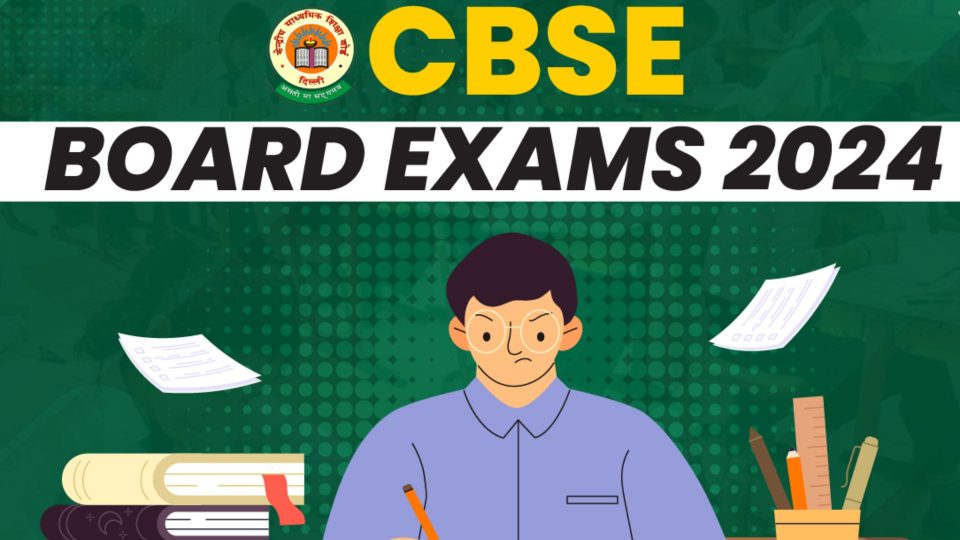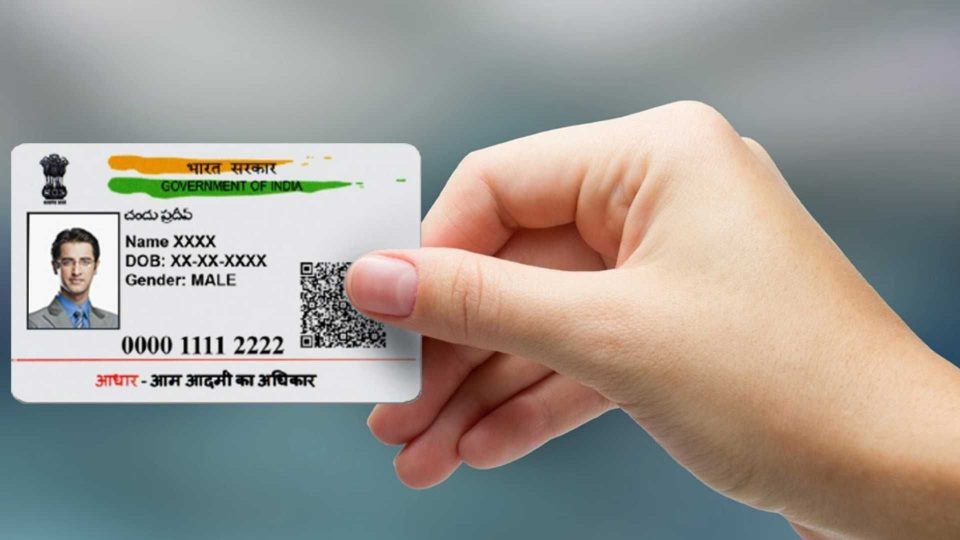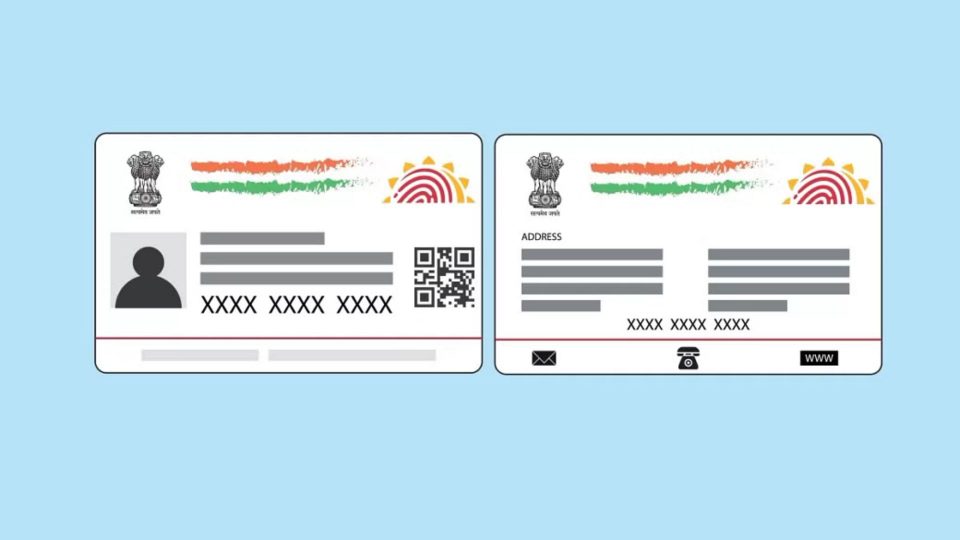A new measure to penalize anyone who leaks exam questions for school examinations, college entrance exams, or government job applications has been introduced by the government.
Students who take tests in good faith will not be targeted by the new bill. Only those who worked with government officials to leak test papers or tamper with answer sheets will be subject to up to 10 years in jail and a fine of ₹1 crore under the Public Examinations (Prevention of Unfair Means) Bill.
Notably, this measure makes every offence relevant, non-bailable, and non-compoundable. This means that authorities will have the authority to act independently (i.e., arrest suspects without a warrant), that the accused will not be eligible for bail, and that compromise cannot be utilized to resolve the alleged offences.
What Is The New Anti-Cheating Bill?
For this new bill to become law, it needs to pass Parliament and be approved by President Droupadi Murmu. As part of the process, a high-level technical committee will be formed to provide recommendations on how to make the examination process, which is increasingly moving to digital platforms, as safe as feasible.
These suggestions will include minimum requirements for all exam centres’ physical and digital infrastructure, monitoring of the testing facilities, and IT security mechanisms that are guaranteed to work.
Any individual or organization found guilty of leaking information or altering response sheets faces a minimum three-year term in jail. A punishment of up to ₹ 10 lakh may be imposed if this is stretched to five years. Service providers risk fines of up to ₹ 1 crore if they fail to report a possible offence.
Senior management of these companies risk a comparable punishment in addition to a maximum 10-year prison sentence. Those found guilty of the planned crime of paper leak” might also face fines of up to ₹ 1 crore in addition to five to ten years in jail.
Violations Covered By New Anti-Cheating Bill
The following unfair methods and offences during public examinations are listed in the bill.
- 1. Leaks of question papers or answer keys
- 2. Taking part in coordinated efforts with others to influence question papers or answer leaks
- 3. Having access to or possession of an OMR response sheet or question paper without authorization
- 4. Giving an unauthorized individual the answers to one or more questions during a public examination
- 5. Offering the applicant any kind of unapproved assistance, whether directly or indirectly, during the public examination
- 6. interfering with response sheets, especially those obtained by OMR;
- 7. Modifying the evaluation without authorization, except fixing an actual error
- 8. Willful disrespect for the guidelines or criteria established by the central government for the management of a public examination, either independently or via an agency
- 9. Altering any document required to create a short list of applicants or determine a candidate’s merit or ranking in a public examination
- 10. Willful disregard for security measures to enable unethical methods for holding an open examination
- 11. Interfering with a computer system, computer resource, or computer network
- 12. Changing the dates, times, or seating arrangements for applicants to enable the use of unethical exam techniques
- 13. Making threats against the life, liberty, or property of anyone connected to the public examination authority, the service provider, or any other government agency that has been authorized; or obstructing the performance of a public examination
- 14. Building a fake website to mislead consumers or gain financially
- 15. Holding fictitious exams and issuing fake offer letters or admission cards to deceive or gain financially.
Which Exams Are Included in the New Anti-Cheating Bill?
Exams managed by the following agencies will be covered under the proposed anti-cheating bill, among other authorities, including those that may be notified or added to this list in the future.
- Union Public Service Commission (i.e., for civil service entrance exams)
- Staff Selection Commission (i.e., for posts in union ministries and subordinate offices)
- Railway Recruitment Boards (i.e., for certain kinds of jobs in the Indian Railways)
- Institute of Banking Personnel Selection (i.e., for all public sector banks, except State Bank of India)
- National Testing Agency (i.e., for entrance exams for admission to higher educational institutions)




